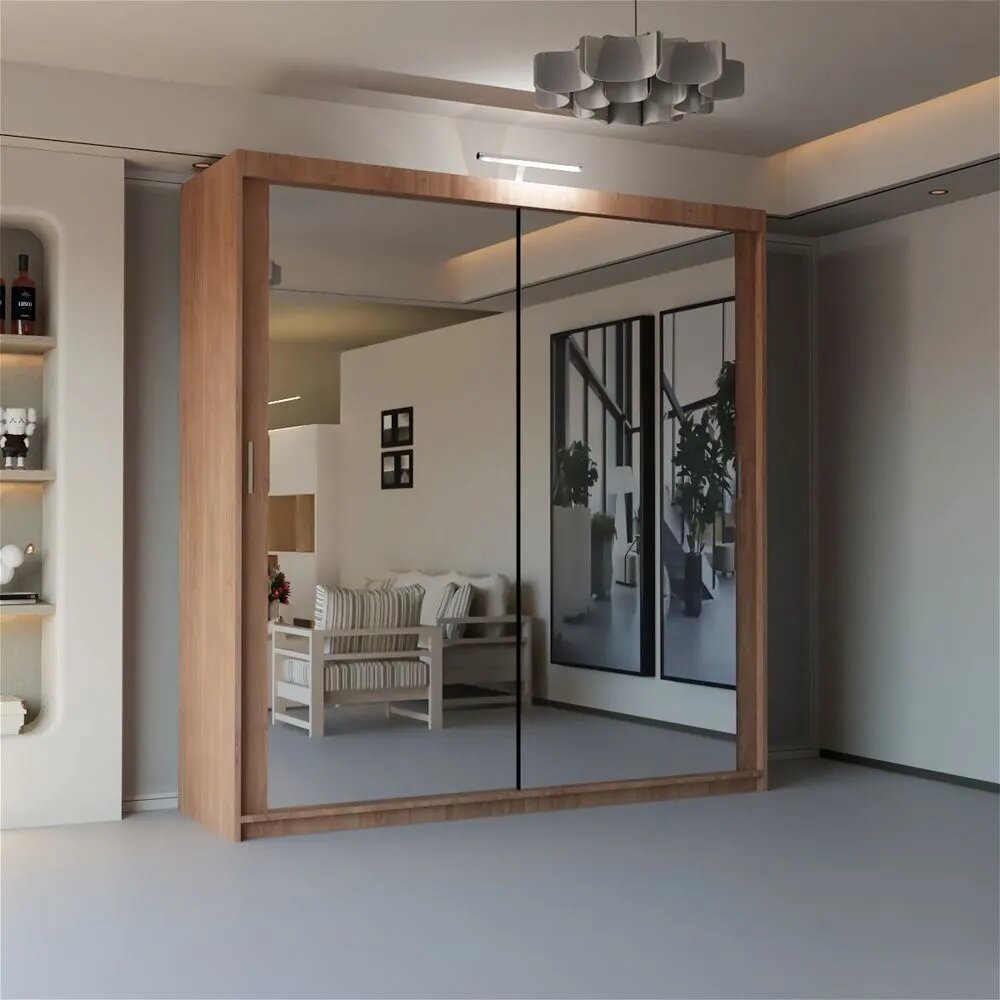Interior Design Job Prospects
Entering the world of interior design can be an excitinggn Job Prospects and fulfilling career choice for those with a passion for creativity and a keen eye for aesthetics. The job prospects for interior designers are diverse and offer numerous opportunities for growth and success. Whether you are just starting out on your career path or looking to make a career change, here are some steps to help you explore and achieve success in the field of interior design.
Interior Design Steps
Embarking on a career in interior design requires careful planning and preparation. Here are some key steps to consider:
- Research and Explore: Begin by researching the field of interior design and familiarizing yourself with the different types of design styles, trends, and industry practices. Visit design websites, read design blogs, and attend design events to gain insights into the profession.
- Educational Foundation: Obtain a formal education in interior design to gain the necessary knowledge and skills. Consider enrolling in a reputable interior design program or obtaining a degree in architecture, fine arts, or a related field.
- Develop Skills: Cultivate essential skills such as space planning, colour theory, sketching, and computer-aided design (CAD). These skills are fundamental to the practice of interior design and will enhance your ability to create functional and aesthetically pleasing spaces.
- Build a Portfolio: As you progress in your studies, start building a portfolio of your design projects. Include a variety of work that showcases your creativity, technical skills, and ability to meet client requirements.
- Gain Experience: Seek internships or entry-level positions in design firms, architecture firms, or other relevant industry settings. Practical experience will provide valuable insights into the profession and allow you to develop your professional network.
- Network and Collaborate: Attend industry events, join professional associations, and participate in design competitions to connect with other designers, industry experts, and potential clients. Collaborating with professionals in related fields such as architecture, construction, and furniture design can also broaden your opportunities.
- Continual Learning: Stay updated with the latest design trends, materials, and technologies through ongoing education and professional development. Attend workshops, seminars, and conferences to expand your skills and knowledge.
- Obtain Licensure and Certifications: Depending on your location, becoming a licensed interior designer may be a requirement. Research the regulations in your area and pursue any necessary licensure or certifications to enhance your credibility and marketability.
- Establish Your Business: If you aspire to work independently or start your own design firm, develop a business plan and consider the legal and financial aspects of running a design business. Create a strong brand identity and marketing strategy to attract clients.
Interior Design Skills
Interior design requires a combination of technical and creative skills to successfully transform spaces into functional and visually appealing environments. Here are some essential skills for aspiring interior designers:
- Creativity: The ability to think outside the box and generate innovative design concepts.
- Aesthetic Sensibility: A keen eye for colours, textures, patterns, and overall visual composition.
- Space Planning: The skill to optimize space utilization and create functional layouts.
- Communication: Effective communication skills to understand client needs and collaborate with other professionals.
- Attention to Detail: A meticulous approach to ensure accuracy and precision in design execution.
- Problem-Solving: The ability to identify and solve design challenges to meet client objectives.
- Technical Competence: Proficiency in CAD software, 3D modelling, and other design-related tools and technologies.
- Business Acumen: Knowledge of industry practices, project management, and budgeting skills.
Interior Design Industry
The interior design industry is a dynamic and ever-evolving field that offers a wide range of opportunities. From residential and commercial design to hospitality, healthcare, and retail sectors, interior designers can find their niche and specialize in various areas. With the increasing focus on sustainability and wellness in design, there is a growing demand for environmentally conscious and health-oriented interiors. Keeping abreast of industry trends and embracing innovative design approaches can give aspiring interior designers a competitive edge.
Interior Design Career
A career in interior design can be rewarding, allowing you to turn your passion for design into a fulfilling profession. As an interior designer, you have the opportunity to shape and enhance the spaces in which we live, work, and play. From conceptualizing designs to managing projects, collaborating with clients and contractors, and curating the perfect atmosphere, the role of an interior designer is multifaceted and offers endless opportunities for creativity and growth.
Interior Design Education
Formal education in interior design provides a strong foundation and equips aspiring designers with the knowledge and skills necessary to excel in the field. There are various educational pathways to consider, including:
- Interior Design Programs: Enrolling in a recognized interior design program or a bachelor’s degree in interior design can provide comprehensive education and exposure to design principles, history, materials, and technologies.
- Architecture or Fine Arts Degree: Pursuing a degree in architecture or fine arts can also be advantageous, as it offers a broader understanding of design principles and a more holistic approach to the built environment.
- Continuing Education: Professional development courses, workshops, and industry certifications can further enhance design skills and keep designers updated with the latest industry trends and practices.
Career Opportunities in Interior Design
The field of interior design offers a wide range of career opportunities for professionals with different interests and aspirations. Some potential career paths within the interior design industry include:
- Residential Interior Designer: Designing and creating functional and aesthetically pleasing living spaces for residential clients.
- Commercial Interior Designer: Working on projects such as offices, retail spaces, restaurants, and hotels to create engaging and productive environments.
- Hospitality Designer: Specializing in designing hotels, resorts, and other hospitality establishments to create memorable guest experiences.
- Healthcare Designer: Creating healing environments in hospitals, clinics, and other healthcare facilities to support patient well-being.
- Set Designer: Designing sets for theater, film, television, and other forms of visual media.
- Exhibition Designer: Creating immersive and interactive experiences in museums, galleries, and trade shows.
- Furniture Designer: Designing and creating unique and innovative furniture pieces.
- Design Consultant: Providing expert advice on design concepts, trends, and materials to clients.
Interior Design Zurich
Zurich, the largest city in Switzerland, is known for its vibrant design scene and architectural heritage. The city offers numerous opportunities for interior designers, with its diverse range of residential and commercial projects. From luxury apartments and contemporary office spaces to cutting-edge retail concepts, Zurich provides a rich canvas for interior design creativity. The local design community, along with design events and exhibitions, creates an environment that fosters collaboration, inspiration, and growth for aspiring interior designers in Zurich.
Final Thoughts
Exploring a career in interior design can be a rewarding journey for those with a passion for creativity and design. By following the steps outlined in this article, aspiring interior designers can embark on a path to success. It is crucial to continuously improve and expand skills, stay updated with industry trends, and build a strong professional network. Remember, the key to success in interior design lies in a combination of talent, hard work, and dedication.





